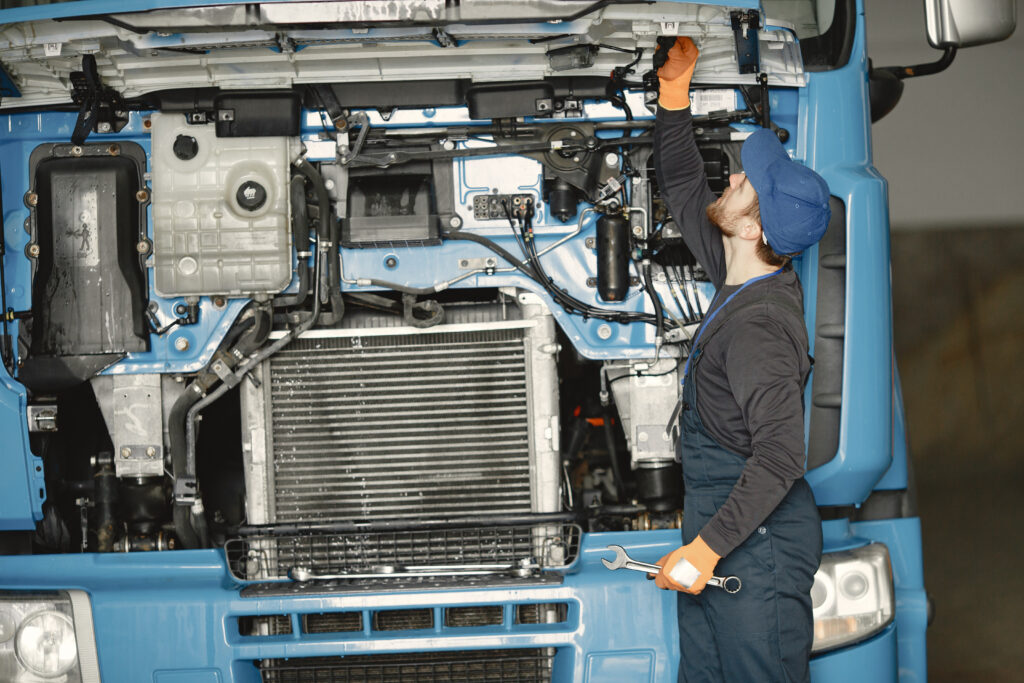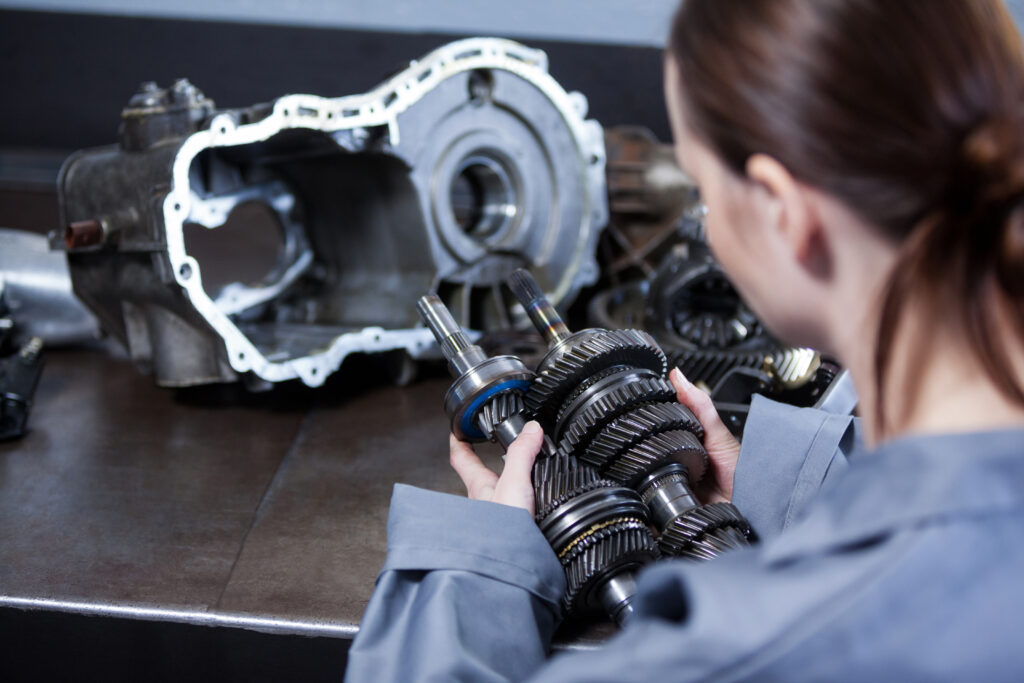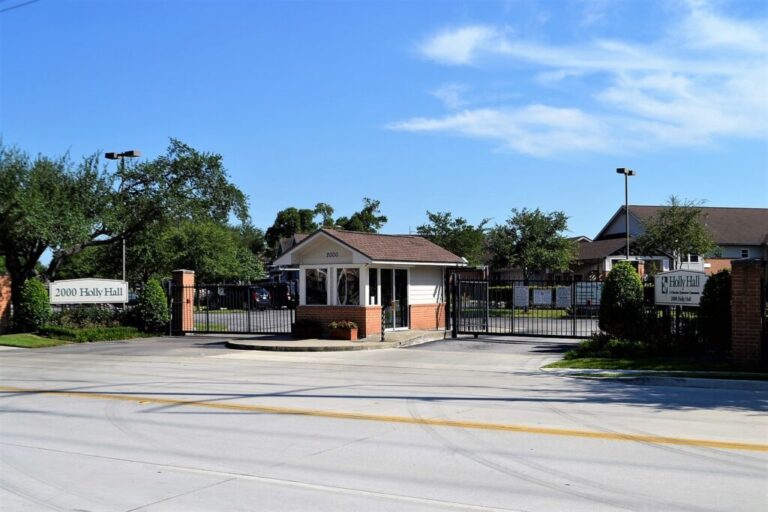How Much Does It Cost to Replace Parts on a Truck: A Full Guide
Maintaining a truck in optimal condition is crucial for performance and the longevity of the vehicle. As trucks navigate various terrains and handle heavy loads, wear and tear on components are inevitable.
Understanding the costs associated with replacing truck parts is essential for truck owners, whether they are tackling the repairs themselves or seeking professional assistance.
In this comprehensive guide, we’ll delve into the common truck parts, their replacement costs, factors influencing these costs, and valuable tips to ensure cost-effective replacements.

Engine Components
When it comes to engine components, ensuring the optimal performance of a truck necessitates a careful consideration of replacement costs. From cylinder heads to timing belts, each element plays a crucial role in the engine’s functionality. The costs associated with replacing these components can vary based on factors such as the truck’s make and model.
Exploring high-quality truck parts from Shoreline and other truck parts suppliers and manufacturers can be a prudent choice for truck owners looking for reliable replacements. Truck part distributors, suppliers, and manufacturers offer a range of dependable truck components, and while the prices may vary, the assurance of quality and durability aligns with the longevity expectations of engine components.
Whether tackling a cylinder head replacement or addressing timing belt issues, sourcing truck parts from a reliable shop can contribute to the vehicle’s performance and longevity.
Brake System Components and Replacement Costs
Maintaining a functional brake system is paramount for vehicle safety, and understanding the replacement costs associated with brake system components is crucial for conscientious vehicle ownership.
The brake system consists of several key components, including brake pads, rotors, calipers, master cylinders, brake lines, and brake fluid. Replacing brake pads and rotors is a routine maintenance task, with costs varying based on the type of pads and rotors chosen.
Brake calipers, responsible for applying pressure to the pads, may incur additional costs while replacing the brake master cylinder ensures proper hydraulic function. Brake lines and fluid replacement contribute to the overall health of the system.
While costs for these components can vary, regular maintenance and timely replacement are essential for safe and efficient braking performance. Vehicle owners are encouraged to seek multiple quotes, understand labor costs, and prioritize transparency when navigating the intricacies of brake system replacements.
Electrical System Components and Replacement Costs
The electrical system of a vehicle is a critical aspect that ensures various components operate smoothly. Understanding the replacement costs associated with electrical system components is essential for maintaining a reliable and efficient vehicle. Key components include the starter motor, alternator, battery, spark plugs, and ignition coils. The starter motor engages the engine, and its replacement costs can vary based on the vehicle’s make and model.
The alternator, responsible for charging the battery and powering electrical systems, also incurs replacement costs that depend on factors such as brand and specifications. The battery, an integral part of the electrical system, may have varying costs based on its type and brand. Spark plugs and ignition coils contribute to the engine’s performance, with replacement costs influenced by the number of cylinders in the engine.
Regular maintenance and prompt replacement of faulty electrical components are crucial for preventing breakdowns and ensuring the overall reliability of the vehicle’s electrical system. Vehicle owners should consider these factors and seek quotes from reliable sources when addressing electrical system replacements.
Exhaust System Components and Replacement Costs
A vehicle’s exhaust system plays a crucial role in managing emissions and maintaining engine efficiency. Understanding the replacement costs associated with exhaust system components is essential for both performance and environmental considerations. Key components include the catalytic converter, muffler, exhaust manifold, and oxygen sensors.
The catalytic converter, designed to reduce harmful emissions, can incur varying replacement costs based on the vehicle’s specifications. The muffler, responsible for minimizing noise, may have replacement costs influenced by its type and brand. The exhaust manifold, connecting the engine to the exhaust pipe, incurs replacement costs based on factors such as material and complexity.
Oxygen sensors, essential for monitoring and optimizing fuel efficiency, also have associated replacement costs. Vehicle owners should be attentive to signs of exhaust system issues, such as increased noise or decreased fuel efficiency, and promptly address replacements to ensure optimal vehicle performance and compliance with emission standards.
Factors Influencing Replacement Costs
Several factors play a pivotal role in influencing the replacement costs of various truck components. The make and model of the truck significantly impact costs, as high-performance or luxury vehicles often entail higher expenses for parts and labor.
The quality of replacement parts is another crucial factor, with original equipment manufacturer (OEM) parts generally costing more than aftermarket alternatives. Labor costs and shop rates vary based on location and the complexity of the replacement task. Warranty considerations, such as whether the replacement parts come with a warranty, can also affect costs.
Additionally, the choice between do-it-yourself (DIY) and professional replacement introduces variations in overall expenses. For truck owners seeking cost-effective solutions, understanding and navigating these factors is essential for making informed decisions about the quality and budget of part replacements.
Tips for Cost-Effective Truck Part Replacement
Achieving cost-effective truck part replacement involves strategic considerations and proactive measures. Regular maintenance and inspections are fundamental, allowing early detection of potential issues and reducing the overall cost of replacements. Comparison shopping for parts enables truck owners to find the best deals, ensuring they are not overpaying for essential components.
Opting for do-it-yourself (DIY)-friendly replacements can save on labor costs for those with mechanical aptitude. Building a relationship with a reliable mechanic or auto shop fosters trust and may lead to fairer pricing.
These tips, combined with a vigilant approach to vehicle maintenance, empower truck owners to navigate the replacement process judiciously, ensuring both cost-effectiveness and the sustained performance of their vehicles.
Understanding Labor Costs in Truck Part Replacement
Understanding labor costs is crucial when considering truck part replacement. Hourly labor rates can vary significantly based on the region and the task’s complexity, typically from $80 to $150 per hour.
Estimating labor hours for common replacements helps truck owners anticipate labor costs more accurately, ensuring they are not charged excessively. Additional costs such as diagnostics, shop fees, and disposal fees for old parts should be considered when budgeting for replacements.
A transparent discussion with the mechanic or auto shop about the breakdown of labor costs can contribute to a clearer understanding of the overall expenses involved in the truck part replacement process.
Being informed about labor costs allows truck owners to make more confident decisions and helps prevent unexpected financial surprises during the replacement process.
Seeking Quotes and Estimates
Seeking quotes and estimates is fundamental in navigating the landscape of truck part replacement costs. Obtaining multiple quotes from different mechanics or auto shops allows truck owners to compare costs and make informed decisions about where to have the replacement done.
Asking relevant questions during the quoting process, such as the breakdown of parts and labor costs, ensures transparency and helps truck owners assess the credibility of the service provider. To avoid unexpected costs, it’s crucial to inquire about any potential additional charges, such as diagnostics or shop fees.
By carefully evaluating quotes and estimates, truck owners can make cost-effective decisions while ensuring the quality and reliability of the replacement process for their vehicles.

In conclusion, understanding the costs associated with replacing truck parts is integral to responsible truck ownership. From common engine components to intricate electrical systems, each part contributes to the truck’s functionality and requires careful consideration when replacement becomes necessary.
Factors such as the choice between OEM and aftermarket parts, labor costs, and the importance of timely replacements all play a crucial role in determining the overall expense. Armed with the insights provided in this guide, truck owners can confidently navigate the realm of replacements, making informed decisions that balance the quality and cost of maintaining their vehicles in top-notch condition.





